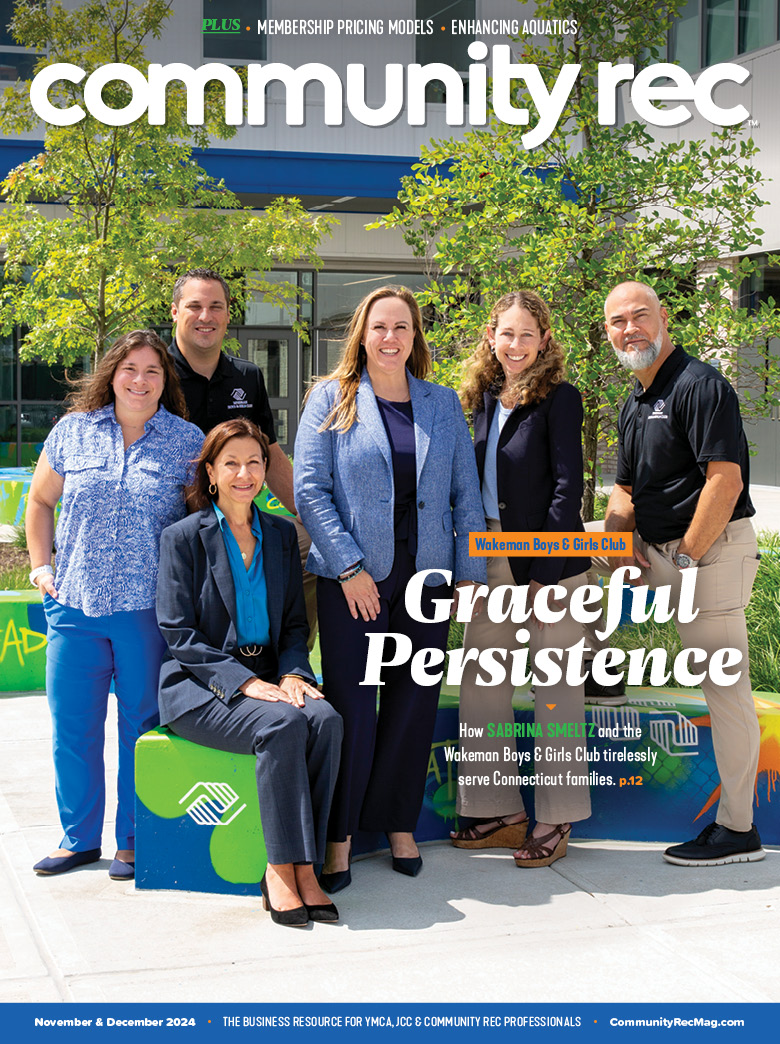Jason Schaitz shares all the materials needed to ace sports league documentation.
Document, document, document. It’s extremely important to keep well-organized documentation and records on your league operations, as well as the administrative aspects of your program. Make policies on retaining and organizing your documents to ensure you are consistent with how you organize and keep track of your records. Here are some of the more important records you should be keeping organized. Larger organizations may have separate departments that do some of this for you, but it’s always a good idea to have copies of every type of sports league documentation that comes from your league.
Participant and Parent Information
- Detailed contact information.
- Allergies.
- Special needs.
- Signed waivers.
- Code of conduct.
- Proof of age.
Administrative Documents
- Receipts.
- Insurance certificates.
- Tax information.
- Tax exempt paperwork and certificate.
- Not-for-profit credentials.
- Contracts.
- Ownership or lease documents.
- State or local licensing documentation.
Human Resource Documents
- New hire paperwork.
- Background screens.
- Certifications.
- Training documentation.
- Evaluations.
- Discipline reports.
- Separation or termination documentation.
- Staff incident or accident reports.
- Employee benefits paperwork.
Volunteer Management Documents
- Background screens.
- Contact information.
- Volunteer job description.
- Code of conduct.
- Training/certification paperwork.
- Equipment use agreements if checking out equipment.
Financial Reports
- Budgets.
- Revenue and expense reports.
- Balance sheets.
- Cash flow reports.
- Tax filings.
- Bank and credit statements.
- Expense trackers.
- Cost recovery sheets.
Miscellaneous Reports
- Incident and accident reports.
- Discipline reports.
- Roster reports.
- Skills assessment results.
- Scoresheets for all game days.
Facility Inspections
- Maintenance reports.
- Facility and equipment inspections.
- Repair reports.
- Facility plans or historical documents.
Electronic Records
- Email history.
- League registration system data.
- Social media history.
- Past flyers and marketing material.
Miscellaneous
- Parent feedback.
- Surveys.
- Postseason improvement evaluations.
- Grant reporting.
- Fundraising Reports.
Great documentation and record keeping will help limit your liability exposure, keep you organized and will assist you when something urgent may come up. Your documentation will also help you keep track of past issues. You can always look for new opportunities to improve your league operation and take it to the next level.
For more resources on youth sports, visit the League Source website.










